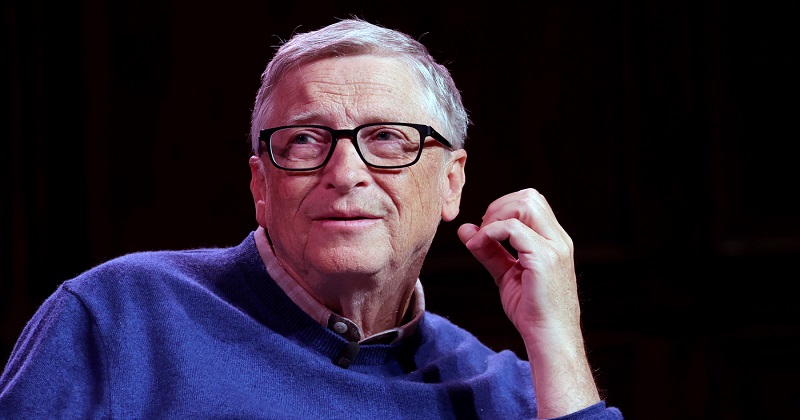
The rapid advancement of Artificial Intelligence and its role in shaping our lives has sparked many debates. Recently, Microsoft cofounder Bill Gates shared his thoughts on the future of AI and predicted that during the next few years, AIs will ‘be as good a tutor as any human ever could’. He stated that AI may be able to even teach children how to ‘read and write’ in the coming 18 months, CNBC reported.
‘At first, we’ll be most stunned by how it helps with reading, being a reading research assistant and giving you feedback on writing’, he told a crowd during his keynote speech at a digital learning conference in San Diego last week, a transcript of which is shared on his website Gates Notes. ‘If you just took the next 18 months, the AIs will come in as a teacher’s aide and give feedback on writing. And then they will amp up what we’re able to do in math. Our bottleneck in math really is more of how we fit in the overall system and getting that teacher adoption’, he continued.
OpenAI’s ChatGPT and Google’s Bard have developed rapidly in recent months and can now compete with human-level intelligence on some standardised tests. The billionaire said that AI-powered chatbots may charge, but argued that they will still be more accessible and affordable compared to traditional human tutoring. ‘We have very good tools today, that if they were fully adopted, would actually make more progress in math scores than we’ve made in the last 20 years. So my optimism about Edtech, in general, is not just because of AI. It is a set of things, even before this latest advance, that I think we’re getting smarter about and getting out into the field’, Gates further stated.
It may take some time, but he is confident that ‘the technology will probably improve within a couple of years’. Last month, Mr. Gates shared another blog post calling the ”development of AI the most important technological advance in decades.” He called OpenAI’s GPT large language model ‘revolutionary’, and predicted that ‘whatever limitations [AI] has today will be gone before we know it’. In his note, he also focused on three sectors AI could transform– the workforce, healthcare, and education. He predicted AI could transform education by delivering content tailored to students’ learning styles, and also learning what motivates individual students and causes them to lose interest in subjects.

Post Your Comments